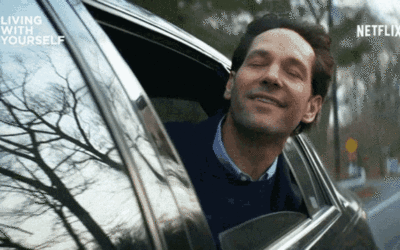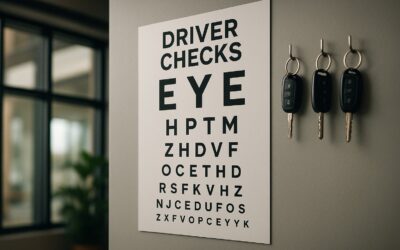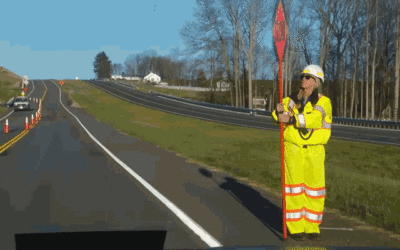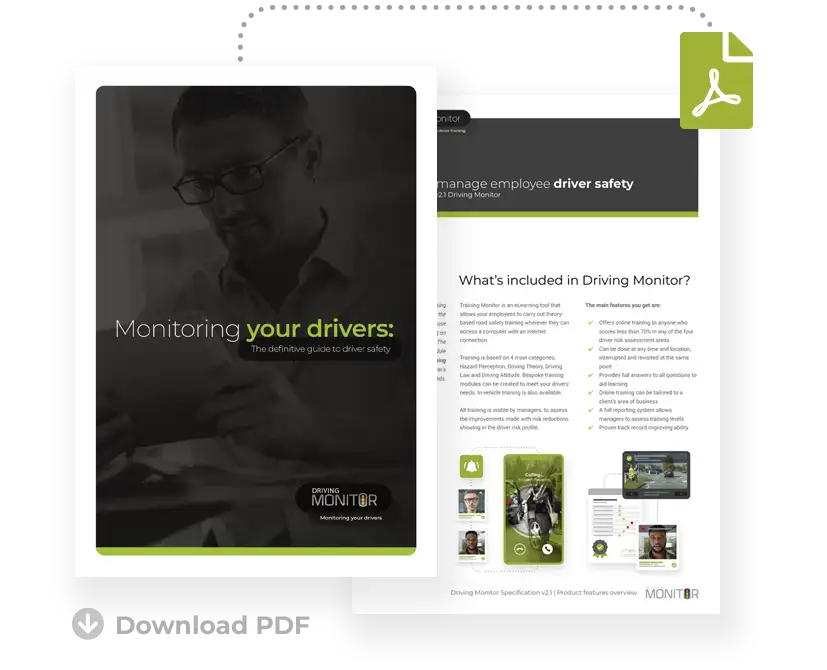Speeding Offences Reach Record Levels
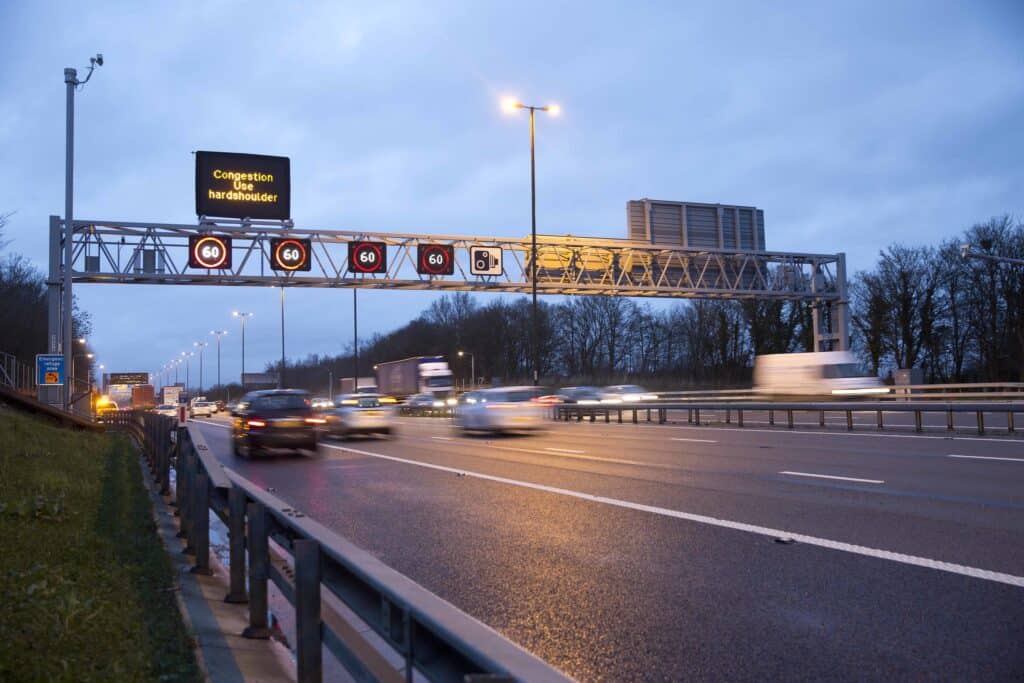
Speeding offences and fines for mobile use have reached record levels, according to new figures.
Offences include the use of handheld devices while driving, which have risen by one-third, while a record number of speeding fines have been dished out.
The statistics were released as part of the Home Office’s crime report statistics, showing that in 2023 there were just under 2.7 million motoring offences in total, although that excludes data from the Metropolitan Police Service.
With offences rising by 11% against 2022’s figures, it’s also the highest number since national motoring offence records began in 2011.
Rising Offences And Road Safety
Over the last 12 years, the number of speed limit offences have increased at a faster rate than the traffic density, which means that more offences are being committed per journey than ever before.
It’s a familiar pattern and barring 2020 when traffic levels dipped significantly, the number of offences has increased every year since 2011.
The difficult thing to measure if whether that’s an indication of decreasing driving standards and more concern over the future of road safety or whether it’s thanks to more sophisticated methods of capturing offences.
With smart motorways utilising variable speed limits and using cameras to catch speeding motorists, the likelihood is that more drivers are being caught for offences they might have been committing anyway but not being caught for.
Of course, measuring that accurately is almost impossible, but it’s definitely something that’s worth considering when viewing the latest statistics.
In total, 32% of offences committed resulted in a fixed-penalty notice, while 51% meant the driver attended a driver retraining course, with 13% resulting in court action.
The severity of offences is spread but the majority were for speeding on motorways and main roads, captured by automatic cameras.
AI Cameras And Motoring Offences
One of the biggest issues with road safety in recent years is the ability to capture offences.
Rather than relying on physical police presence, particularly with police numbers declining in recent years, there’s been a concerted effort to look to technology for the solution.
Talk of AI cameras might come to fruition in the coming years but for now, Operation Snap has taken on the mantle of some of that work.
It was launched by police forces around the UK to provide a central place for road users to send in dashcam footage, as well as personal camera footage from cyclists, horse riders and pedestrians.
With more automated speed cameras on motorways and main road in operation than ever before, the reality is that it’s never been easier to capture offending motorists, though work still has to be done to continue to improve road safety.
Do you think more needs to be done to address speeding and other motoring offences, such as mobile phone use? Should technology be deployed to automatically detected offending drivers? Let us know in the comments below.
